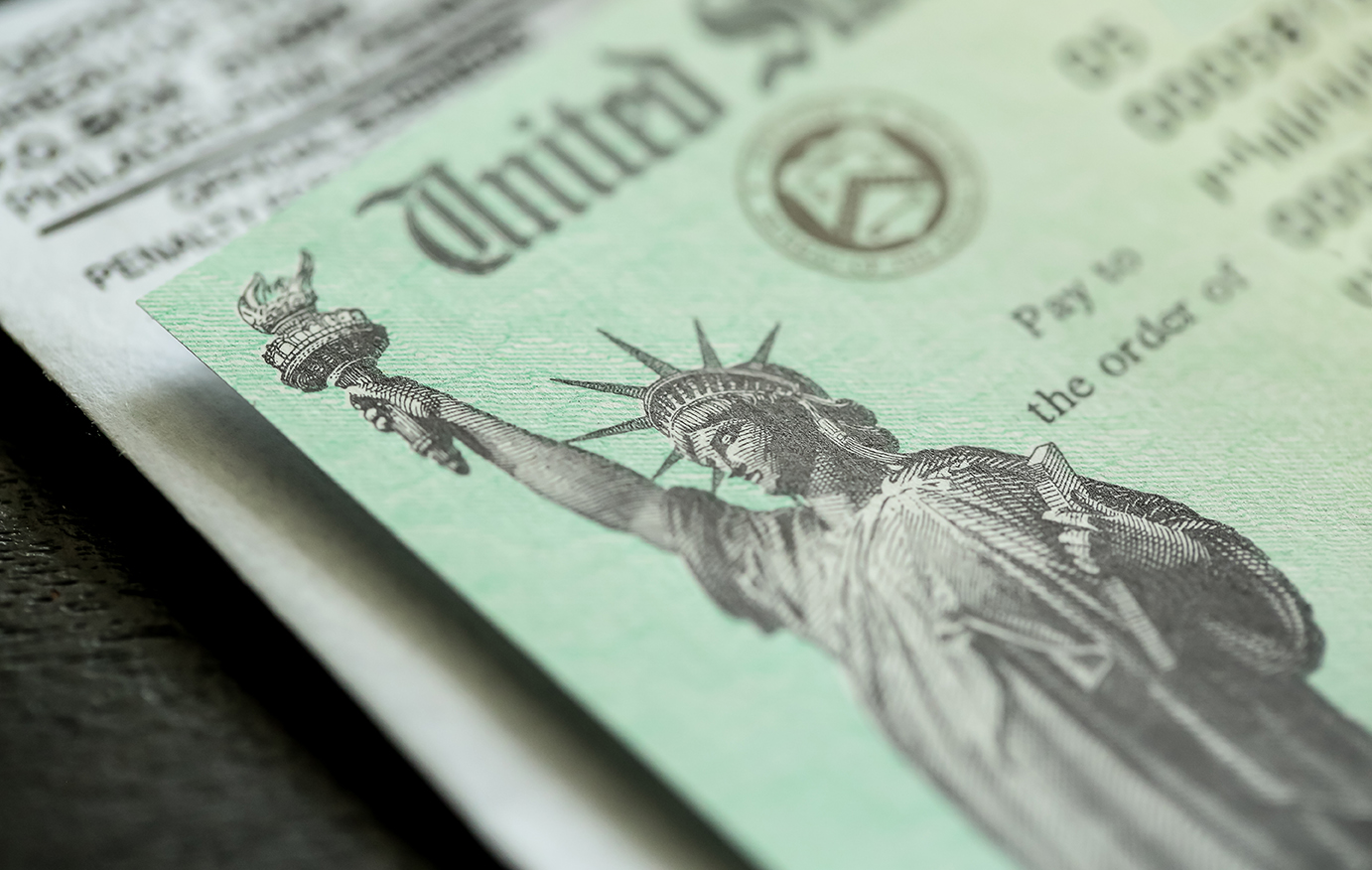
According to the IRS, the average tax refund for 2020 was $2,741. While the deadline for taxes was extended to May 17th, Americans have already started receiving money back. When you combine tax refunds with the most recent round of Economic Impact Payments you have many people receiving an influx of cash. What can you do to wisely manage this money?
Pay for necessities
Your first priority should be to pay for the necessities in your life. Groceries, supplies, and rent/mortgage are all great places to start. If those are taken care of, then turn your focus towards bills. Decide which accounts to work towards and try your best to get current if you’re behind. Utilities should be at the top of your list in order to ensure your water, gas, and electricity all stay on.
Pay off debts
A good way to make sure your financial future is in good shape is to reduce the amount of debt you have. Paying off a large portion of your credit card and loan balance will dramatically reduce the interest you pay. The more you reduce payments made towards interest, the more money for the future you will have. Before you make large payments towards your debt, make sure to ask debt holders if they are offering some payment relief, such as deferring payments and waiving interest. Make sure to read through the fine print, since some assistance programs only delay interest payments and not forgive them.
Start or build an emergency fund
If the past year has taught us anything, it’s that the importance of an emergency fund cannot be overstated. Situations can completely change in an instant. The goal with an emergency fund is to have the amount spent on expenses for three to six months saved up.
If you’ve had to use your emergency fund in the past year then it’s time to build it back up. Once your needs are taken care of and you have some more breathing room, then building the fund back up should be your priority.
Invest in yourself
A 401(k) plan is a solid way to plan for the future. While you may not be able to drop your entire refund directly into a 401(k), you can put it in a savings account, set up a recurring transfer to your checking account, and then have your employer increase your contribution by taking out a few more dollars from each paycheck. Because your refund will keep your paycheck at its current level, you won’t even feel the pinch of the increased contribution.
Give what you can
Last but not least, if you find yourself in the fortunate position of not needing your tax or stimulus money, consider donating some or all of the funds to those in need. You can help friends and family members that have been strongly impacted by the pandemic. There are also a lot of great non-profits that have been under major stress during the pandemic. Check out ways to help locally at shareomaha.org.